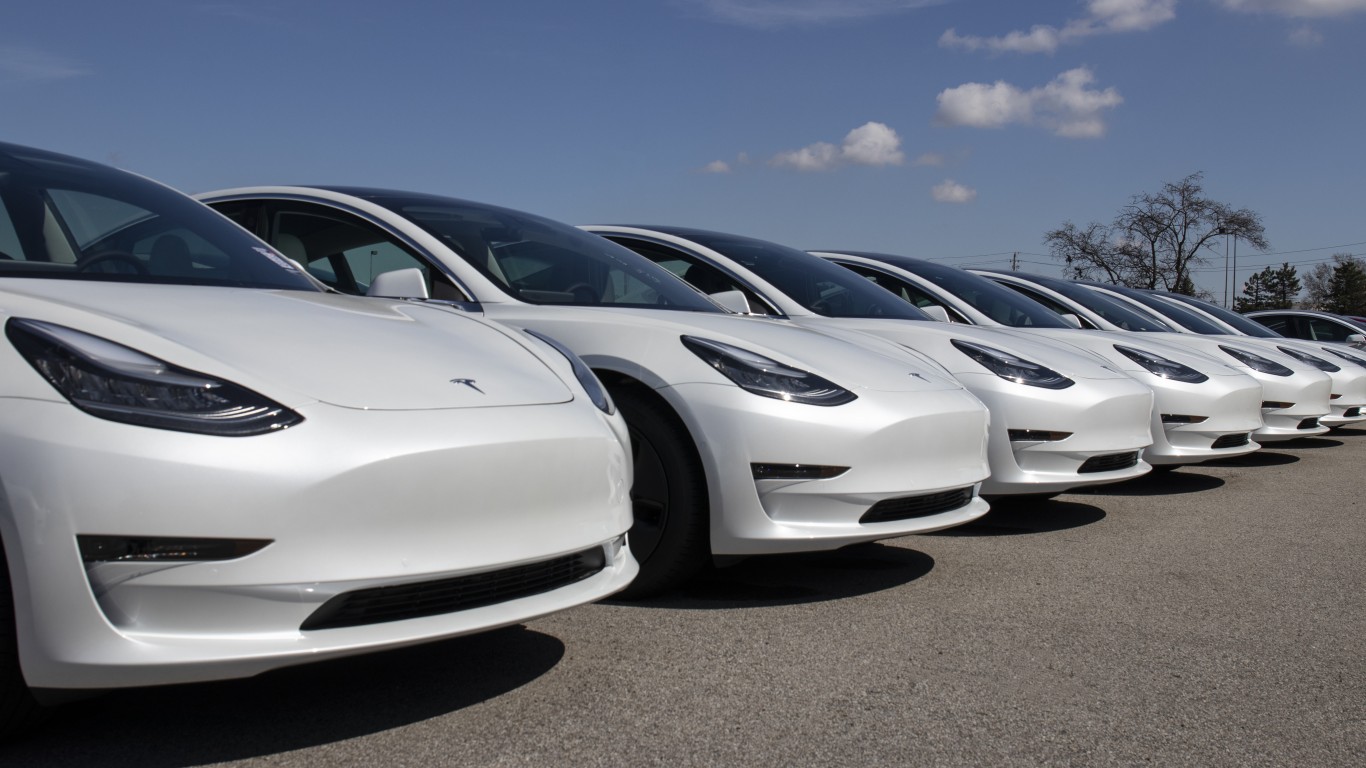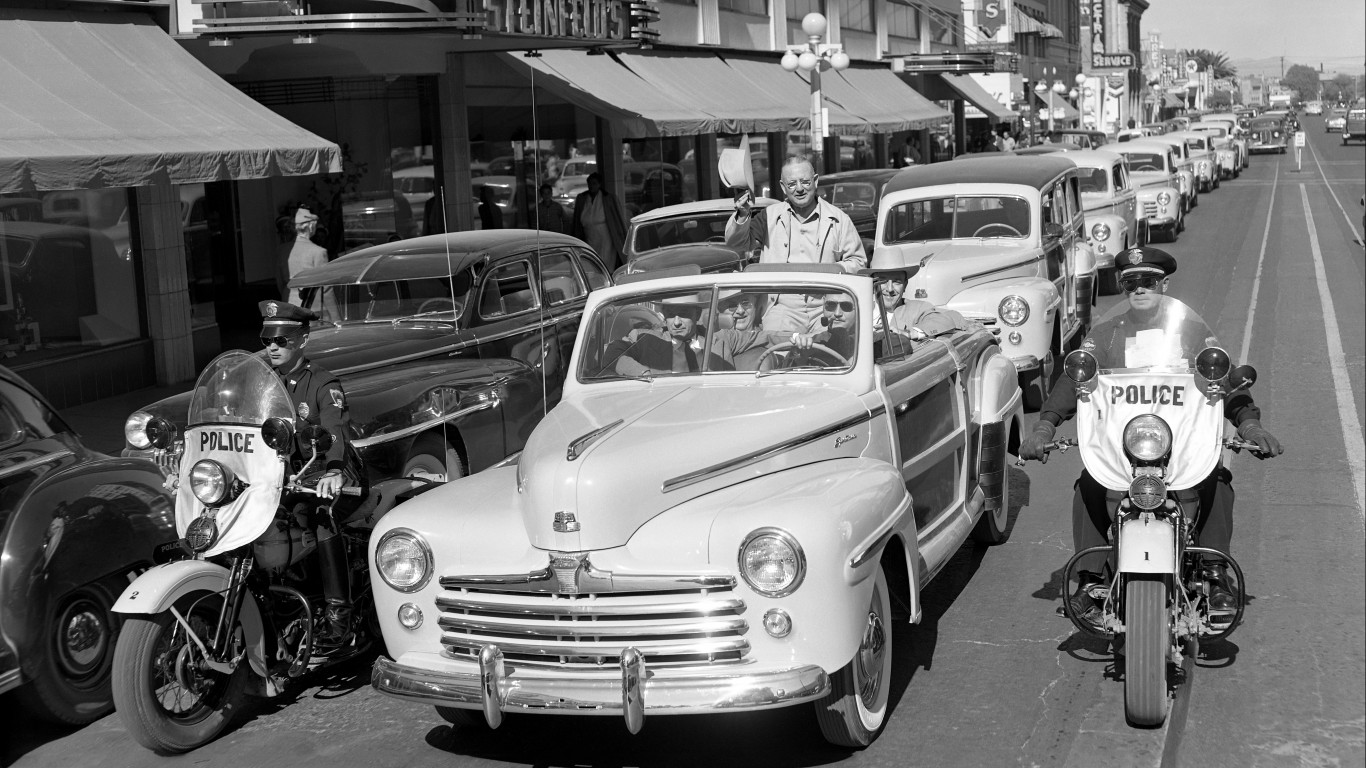
Harley-Davidson Inc. (NYSE: HOG) has reported a 40% drop in its quarterly profits on Tuesday morning. With its global motorcycle sales continuing to slide and with younger buyers not seeking out the Harley-Davidson brand, it seems fair to wonder if Harley-Davidson’s brand is in trouble for the long term now.
Harley-Davidson reported third-quarter earnings of $0.40 per share. That represents a two-cent beat against the consensus estimate. Still, this was down handily from a report of $0.64 per share a year ago, and roughly six cents per share of this quarter’s earnings report was tied to a tax benefit. Revenue of $1.15 billion in the third quarter of 2017 was down from $1.27 billion a year ago.
On the surface, the motorcycle maker’s domestic retail sales were more or less in line with expectations. The international retail sales came up soft with a 4.6% decline in sales, and it is this portion of the story where the few remaining Harley bulls have placed their bullish thesis. Harley-Davidson did manage to maintain its full 2017 earnings guidance, but that was after lowering guidance at its mid-year reporting.
Harley-Davidson continues to project that 241,000 to 246,000 motorcycles will be shipped to dealers worldwide in 2017. That’s a drop of 6% to 8% from 2016. In the fourth quarter, its projected shipments of 46,700 to 51,700 motorcycles is up from 42,414 motorcycles shipped in the year-ago period. The company continues to expect full-year 2017 operating margin to be down approximately 1% from 2016, with its annual capital spending in a range of $200 million to $220 million.
The company is having a hard time adding the 2 million extra riders in the United States that had previously been hoped for. Sales being down 8% domestically makes that number seem like a dream.
Harley-Davidson’s CEO Matt Levatich maintains that the company is uniquely positioned to build ridership and to strengthen the sport of motorcycling. That sounds like a boast, considering the numbers. To address the weakness, Levatich said:
The continued weakness in the U.S. motorcycle industry only heightens our resolve and the intensity we are bringing to the quest to build the next generation of Harley-Davidson riders. Launching one hundred new high-impact motorcycles is a critical part of our 10-year journey, and the all new Softail line-up is a significant statement of our commitment.
The company’s cash and cash equivalents totaled $683.1 million at the end of the third quarter, versus $795.3 million a year ago. The company spent $222 million buying back its own shares (roughly 4.5 million shares) in the third quarter alone. Harley-Davidson still has 10.6 million shares remaining in its already approved share buyback authorization plan.
Wedbush Securities said that the 40 cent per share report was one cent shy of its $0.41 per share estimate. The firm also pointed out that gross margins were well under expectations and that a lower tax rate contributed to the earnings report’s ability to beat lowered expectations.
This remains a battleground stock due its short interest of 23,477,189 shares, on last look. That was 13.8% of its entire float, and it represented about 20 days to cover.
Harley-Davidson shares were down as low as $45.25 early Tuesday, but the shares were up 3% at $48.01 on last look. The new 52-week range is $45.25 to $63.40, and its consensus analyst target ahead of earnings was $50.38.
Thank you for reading! Have some feedback for us?
Contact the 24/7 Wall St. editorial team.



